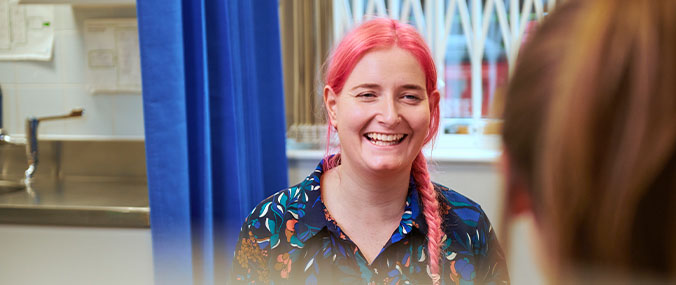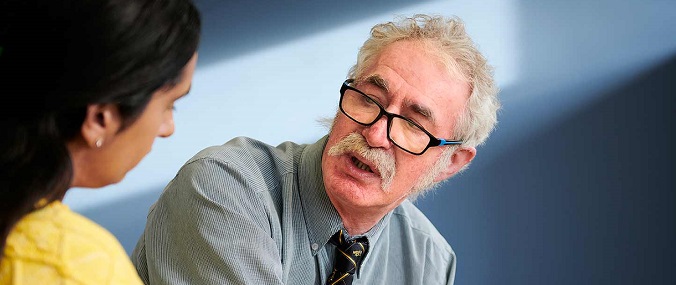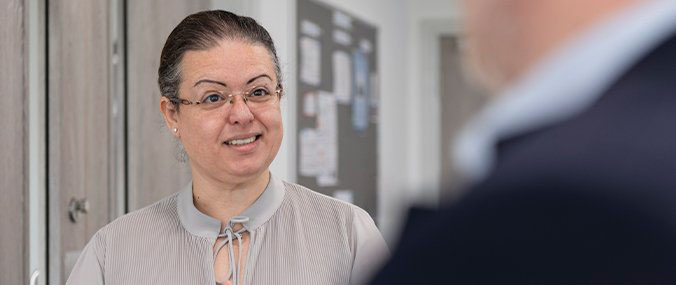Seven steps to save general practice and safeguard our NHS
- A new nationally funded ‘one-stop-shop’ retention programme. This must be backed by sufficient resources to offer tailored support to GPs at all stages of their careers, including fully funded protected learning time. As part of this, new to practice fellowships must be made more easily accessible for all newly qualified GPs to support them to develop fulfilling and sustainable careers.
- Investment in training capacity in general practice. The Long-Term Workforce Plan aims to expand the number of GP training places by 50% by 2031 and increase the training time doctors spend in general practice, but 73% of general practice staff say they have little or no capacity to increase training places. Concerted action is needed to train more trainers, offer more support to existing trainers, and to expand the physical space for training placements in general practice.
Investment in general practice is an investment in the entire NHS.
We call on all political parties to support and strengthen general practice so that our patients receive the care they need and deserve, now and in the future.
Thank you for your feedback. Your response will help improve this page.








